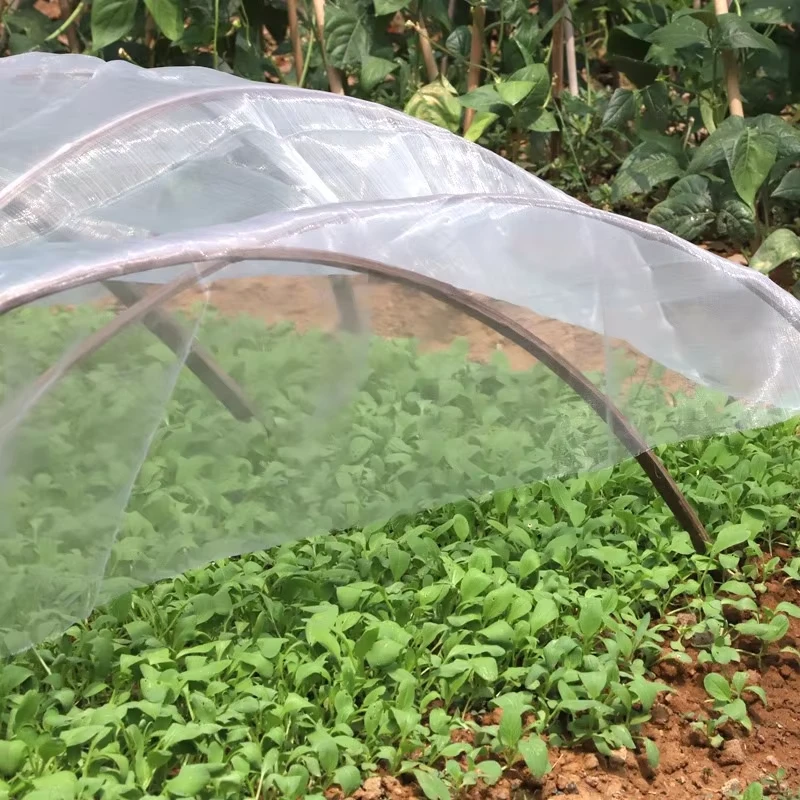-
 Afrikaans
Afrikaans -
 Albanian
Albanian -
 Amharic
Amharic -
 Arabic
Arabic -
 Armenian
Armenian -
 Azerbaijani
Azerbaijani -
 Basque
Basque -
 Belarusian
Belarusian -
 Bengali
Bengali -
 Bosnian
Bosnian -
 Bulgarian
Bulgarian -
 Catalan
Catalan -
 Cebuano
Cebuano -
 China
China -
 Corsican
Corsican -
 Croatian
Croatian -
 Czech
Czech -
 Danish
Danish -
 Dutch
Dutch -
 English
English -
 Esperanto
Esperanto -
 Estonian
Estonian -
 Finnish
Finnish -
 French
French -
 Frisian
Frisian -
 Galician
Galician -
 Georgian
Georgian -
 German
German -
 Greek
Greek -
 Gujarati
Gujarati -
 Haitian Creole
Haitian Creole -
 hausa
hausa -
 hawaiian
hawaiian -
 Hebrew
Hebrew -
 Hindi
Hindi -
 Miao
Miao -
 Hungarian
Hungarian -
 Icelandic
Icelandic -
 igbo
igbo -
 Indonesian
Indonesian -
 irish
irish -
 Italian
Italian -
 Japanese
Japanese -
 Javanese
Javanese -
 Kannada
Kannada -
 kazakh
kazakh -
 Khmer
Khmer -
 Rwandese
Rwandese -
 Korean
Korean -
 Kurdish
Kurdish -
 Kyrgyz
Kyrgyz -
 Lao
Lao -
 Latin
Latin -
 Latvian
Latvian -
 Lithuanian
Lithuanian -
 Luxembourgish
Luxembourgish -
 Macedonian
Macedonian -
 Malgashi
Malgashi -
 Malay
Malay -
 Malayalam
Malayalam -
 Maltese
Maltese -
 Maori
Maori -
 Marathi
Marathi -
 Mongolian
Mongolian -
 Myanmar
Myanmar -
 Nepali
Nepali -
 Norwegian
Norwegian -
 Norwegian
Norwegian -
 Occitan
Occitan -
 Pashto
Pashto -
 Persian
Persian -
 Polish
Polish -
 Portuguese
Portuguese -
 Punjabi
Punjabi -
 Romanian
Romanian -
 Russian
Russian -
 Samoan
Samoan -
 Scottish Gaelic
Scottish Gaelic -
 Serbian
Serbian -
 Sesotho
Sesotho -
 Shona
Shona -
 Sindhi
Sindhi -
 Sinhala
Sinhala -
 Slovak
Slovak -
 Slovenian
Slovenian -
 Somali
Somali -
 Spanish
Spanish -
 Sundanese
Sundanese -
 Swahili
Swahili -
 Swedish
Swedish -
 Tagalog
Tagalog -
 Tajik
Tajik -
 Tamil
Tamil -
 Tatar
Tatar -
 Telugu
Telugu -
 Thai
Thai -
 Turkish
Turkish -
 Turkmen
Turkmen -
 Ukrainian
Ukrainian -
 Urdu
Urdu -
 Uighur
Uighur -
 Uzbek
Uzbek -
 Vietnamese
Vietnamese -
 Welsh
Welsh -
 Bantu
Bantu -
 Yiddish
Yiddish -
 Yoruba
Yoruba -
 Zulu
Zulu
nylon net for agriculture
The Use of Nylon Net in Agriculture A Versatile Solution
Nylon netting has emerged as a vital tool in the agricultural sector, providing numerous benefits that enhance productivity and protect crops. As farming practices evolve and the demand for sustainable agriculture rises, nylon nets have proven to be a cost-effective and efficient solution for various agricultural challenges.
The Use of Nylon Net in Agriculture A Versatile Solution
In addition to protecting against pests, nylon nets are increasingly used to mitigate the effects of harsh weather such as hail. The agricultural industry is often plagued by unpredictable weather patterns that can destroy crops in a matter of minutes. By covering fields with nylon netting, farmers can protect their crops from hail, wind, and even excessive sunlight. This protective measure not only preserves the current crop yield but also contributes to the long-term sustainability of the farmland.
nylon net for agriculture

Nylon nets also play a crucial role in supporting vertical farming practices. As urban agriculture gains popularity, farmers are looking for innovative ways to maximize space and increase yield. Nylon nets can be used as trellises for climbing plants such as beans, peas, and tomatoes. This vertical growth not only increases yield per square foot but also enhances air circulation and light exposure, which are essential for healthy plant growth.
Moreover, nylon netting is beneficial for netting fruit trees. The netting helps to prevent fruit from falling prematurely and protects it from birds and other animals drawn to the ripe fruits. This means that fruits can be harvested at the optimal time, ensuring better taste and quality while minimizing waste. The use of nylon netting can significantly improve the quality of fruit production, making it an essential tool for fruit farmers.
Another dimension to consider is the environmental impact of using nylon nets. While synthetic materials may raise concerns about sustainability, nylon nets are durable and can last multiple seasons if properly maintained. When managed effectively, they reduce the need for chemical pest control measures, thus promoting a more organic farming approach. This aligns with the growing consumer demand for organic produce and environmentally-friendly farming practices.
In conclusion, the versatility of nylon netting in agriculture cannot be overstated. From crop protection to enhancing vertical farming practices and safeguarding fruit production, nylon nets offer an array of benefits that contribute to sustainable agriculture. As the agricultural landscape continues to shift towards more eco-friendly methods, the role of nylon netting is set to expand, proving it to be a valuable asset for farmers striving for efficiency and productivity in their operations. With its durability and practical applications, nylon netting is undoubtedly a key player in the future of agriculture.
-
Shipping Plastic Bags for Every NeedNewsJul.24,2025
-
Safety Netting: Your Shield in ConstructionNewsJul.24,2025
-
Plastic Mesh Netting for Everyday UseNewsJul.24,2025
-
Nylon Netting for Every UseNewsJul.24,2025
-
Mesh Breeder Box for Fish TanksNewsJul.24,2025
-
Expanded Steel Mesh Offers Durable VersatilityNewsJul.24,2025











